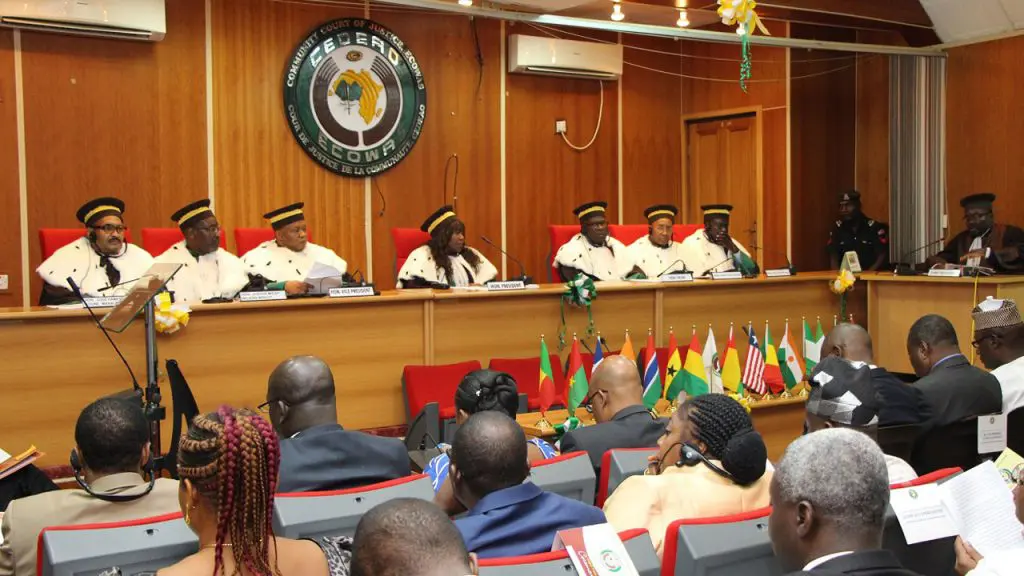
By: Chioma Madonna Ndukwu
Igbo Town Unions Petition UN, ECOWAS Court Over Lagos Demolitions, Allege Ethnic Bias in Nigeria
The Association of Igbo Town Unions (ASITU) has taken its grievances beyond Nigeria’s borders, petitioning the United Nations Human Rights Council, the African Commission on Human and Peoples’ Rights, and the ECOWAS Court of Justice.
The group accuses the Lagos State Government of carrying out what it describes as a “systematic demolition” of properties owned by Igbo traders and investors in the state.
Speaking in Umuahia, Abia State, ASITU’s National President, Chief Emeka Diwe, condemned the demolitions as acts of “economic cleansing,” alleging that Igbo-owned businesses and buildings have been repeatedly targeted under the guise of urban development.
“Nigeria is gradually dying from the cancer of ethnic discrimination and selective justice,” Diwe said, accusing government agencies of failing to uphold fairness and equality in their dealings.
He noted that the petition to international and regional bodies came after several unsuccessful attempts to engage with Nigerian authorities.
“We have not lost faith in Nigerian institutions, but they have consistently ignored our documented complaints. That is why we are seeking intervention from international bodies,” he explained.
The Lagos State Government has defended its actions, stating that the affected buildings were erected on waterways and violated urban planning laws.
However, ASITU dismissed the explanation as “misleading” and “designed to mask deeper ethnic bias.”
According to the association, most of the demolished properties were legally acquired and had valid approvals issued by relevant government agencies.
Many of the affected owners, it said, received demolition notices only days before enforcement, leaving them no opportunity to challenge the action in court.
“This is not law enforcement,” Diwe insisted. “It is the deliberate destruction of legitimate investments and livelihoods. Such actions violate constitutional guarantees of equality and justice and send a dangerous signal to both local and foreign investors that property rights in Nigeria are not protected.”
The controversy over property demolitions in Lagos State has sparked nationwide debate, particularly following the destruction of several structures in areas with high Igbo business presence, such as Alaba, Oworonshoki, and parts of Lagos Island.
While the state government maintains that the demolitions are part of efforts to clear illegal constructions, critics say the operations appear selective and have disproportionately affected non-indigenous communities, especially the Igbo.
Ethnic tensions in Nigeria’s commercial capital have a long history, often flaring during elections and policy enforcement.
The latest wave of demolitions has revived concerns about marginalisation and insecurity of investment among non-indigenes, prompting calls for greater inclusion and respect for property rights.
ASITU has urged affected business owners to remain calm and law-abiding, while calling for a renewed focus on developing the South-East through local investments.
“Let us not lose hope,” Diwe advised. “Our wealth should return home — Aku Ruo Ulo. When we invest in our homeland, we create jobs, dignity, and security for our people.”
He clarified that the group’s petition is not a call for secession, but a plea for fairness, mutual respect, and equal treatment of all ethnic groups within Nigeria.



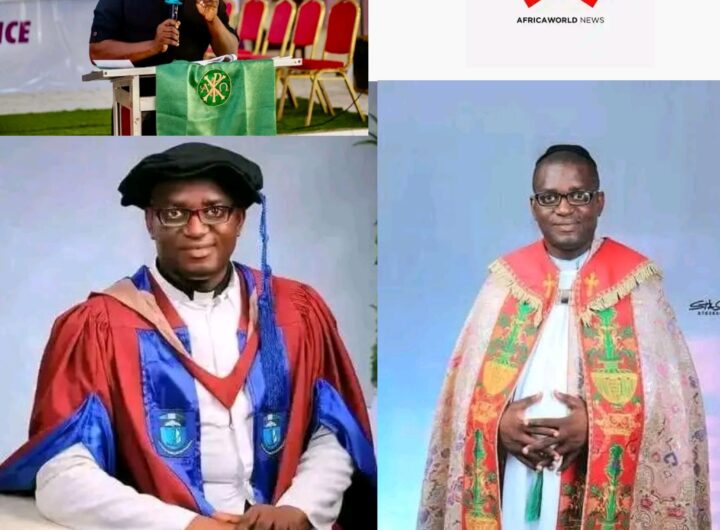 𝐕𝐞𝐧. 𝐁𝐚𝐫𝐫. 𝐅𝐞𝐬𝐭𝐮𝐬 𝐎𝐩𝐚𝐫𝐚, 𝐏𝐡.𝐃., 𝐀𝐩𝐩𝐨𝐢𝐧𝐭𝐞𝐝 𝐆𝐞𝐧𝐞𝐫𝐚𝐥 𝐒𝐞𝐜𝐫𝐞𝐭𝐚𝐫𝐲 𝐨𝐟 𝐭𝐡𝐞 𝐂𝐡𝐮𝐫𝐜𝐡 𝐨𝐟 𝐍𝐢𝐠𝐞𝐫𝐢𝐚. By Irodili C Iroegbu
𝐕𝐞𝐧. 𝐁𝐚𝐫𝐫. 𝐅𝐞𝐬𝐭𝐮𝐬 𝐎𝐩𝐚𝐫𝐚, 𝐏𝐡.𝐃., 𝐀𝐩𝐩𝐨𝐢𝐧𝐭𝐞𝐝 𝐆𝐞𝐧𝐞𝐫𝐚𝐥 𝐒𝐞𝐜𝐫𝐞𝐭𝐚𝐫𝐲 𝐨𝐟 𝐭𝐡𝐞 𝐂𝐡𝐮𝐫𝐜𝐡 𝐨𝐟 𝐍𝐢𝐠𝐞𝐫𝐢𝐚. By Irodili C Iroegbu 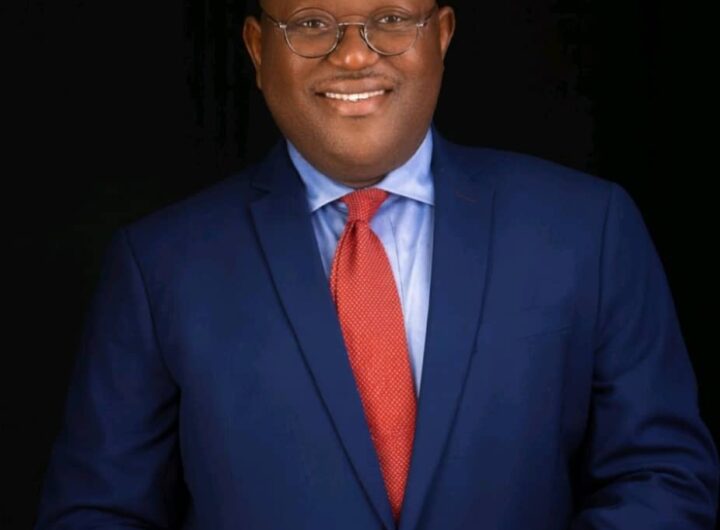 Coalition submits unified cassava industrialisation policy framework to Senate
Coalition submits unified cassava industrialisation policy framework to Senate 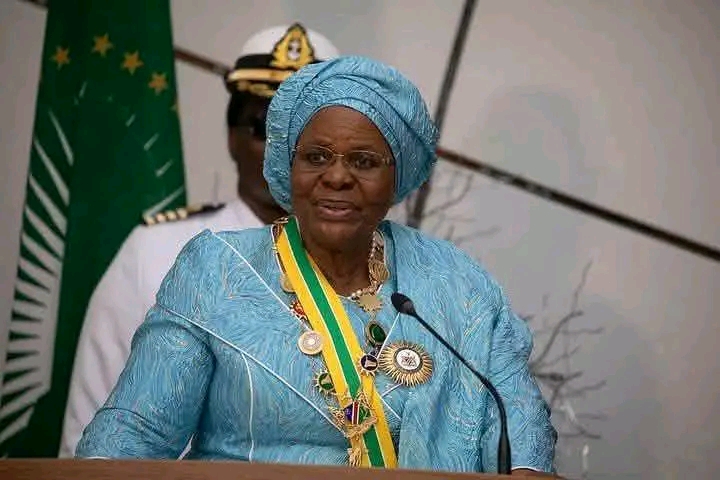 ⬆️ REGIONAL | Namibia’s President Fires Deputy PM, Appoints Herself Mines Minister
⬆️ REGIONAL | Namibia’s President Fires Deputy PM, Appoints Herself Mines Minister 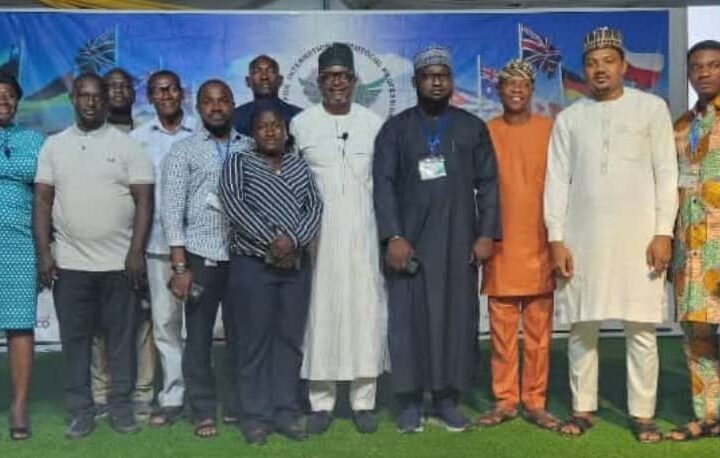 Stakeholders harp on unified policy for flight procedure
Stakeholders harp on unified policy for flight procedure  Nigerian Police Rearrest Activist Sowore After Court Grants Bail
Nigerian Police Rearrest Activist Sowore After Court Grants Bail 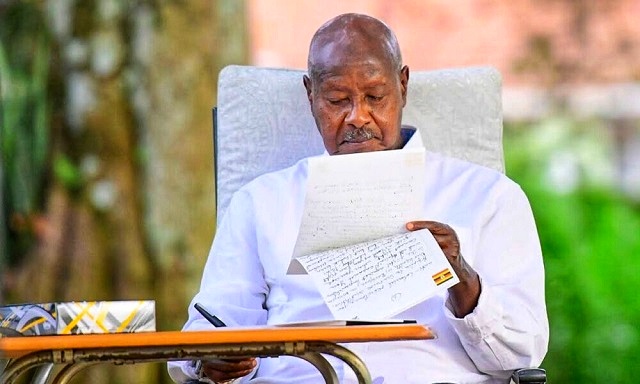 Museveni Defends Uganda’s Democracy Amid Global Criticism
Museveni Defends Uganda’s Democracy Amid Global Criticism 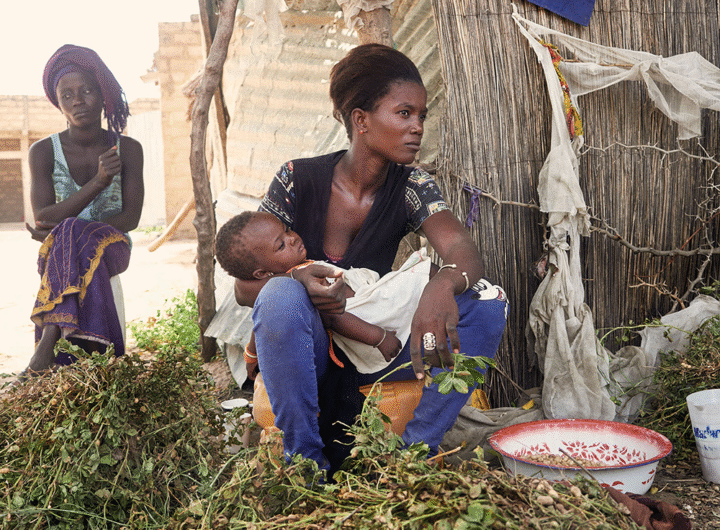 Postpartum Psychosis: The Hidden Battle African Mothers Should Not Fight Alone
Postpartum Psychosis: The Hidden Battle African Mothers Should Not Fight Alone  Australian Girls ‘Hunted’ by Online Crime Gangs in Twisted New Wave of Violence
Australian Girls ‘Hunted’ by Online Crime Gangs in Twisted New Wave of Violence 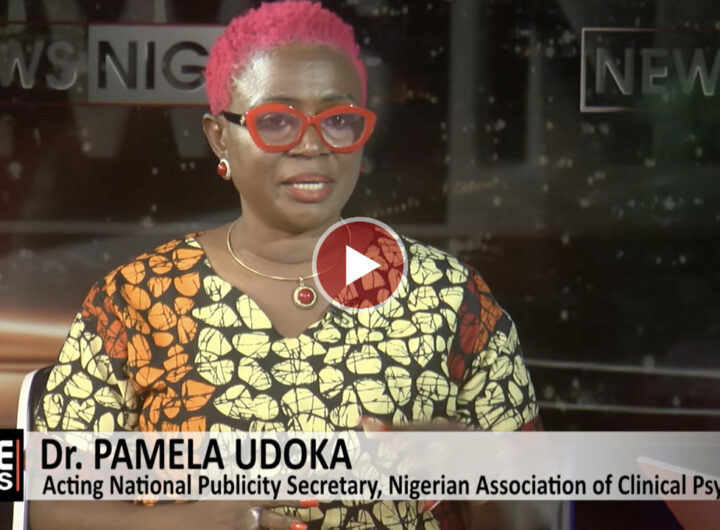 It’s No Longer Just a Bet — It’s a Disease”: Pamela Udoka Sounds Alarm as Gambling Addiction Gains Recognition as Mental Disorder in Nigeria
It’s No Longer Just a Bet — It’s a Disease”: Pamela Udoka Sounds Alarm as Gambling Addiction Gains Recognition as Mental Disorder in Nigeria 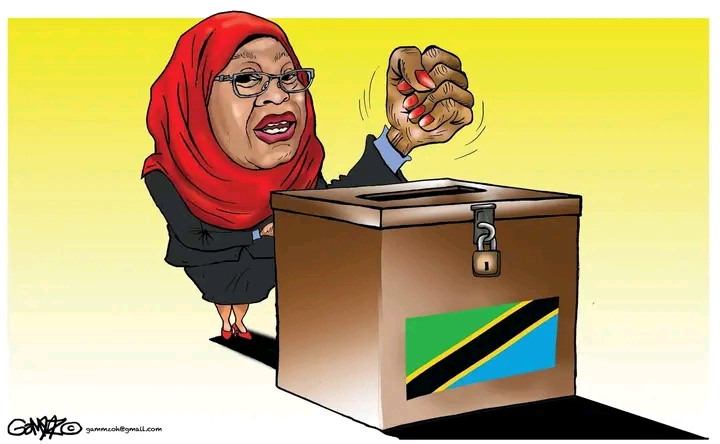 ⬆️ REGIONAL EXPLAINER | Tanzania Votes Under Fear and Control
⬆️ REGIONAL EXPLAINER | Tanzania Votes Under Fear and Control